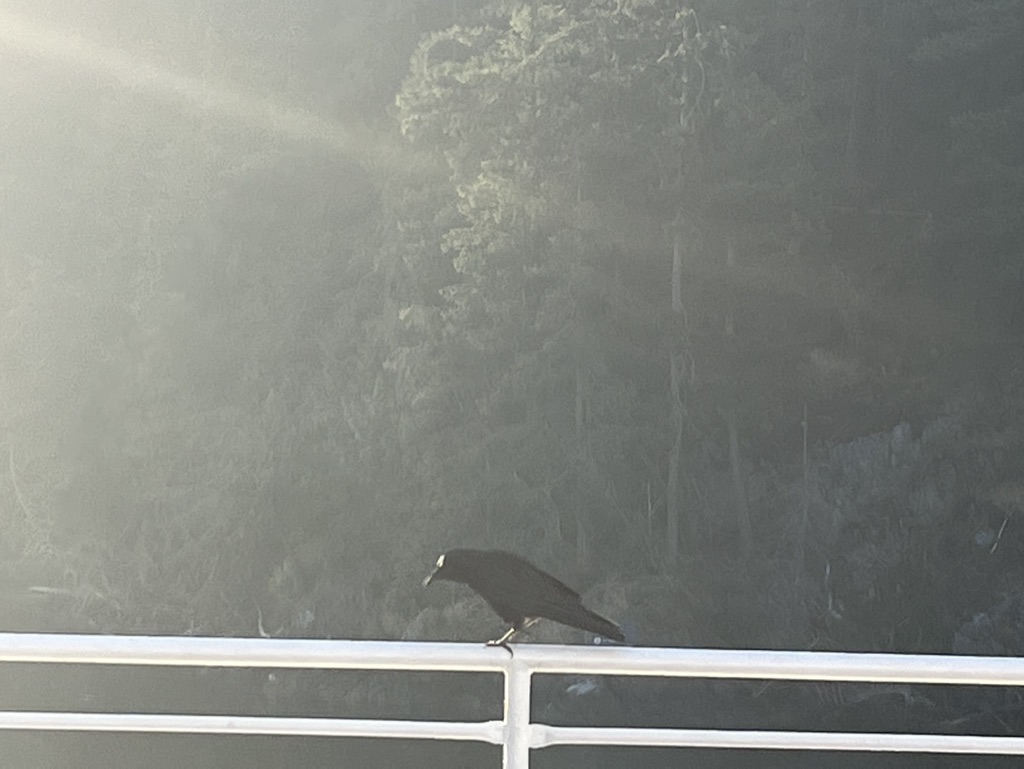One of the earliest maps I ever discovered in my facilitation career was Sam Kaner et al.’s Diamond of Participation. It has been a stalwart companion for more than 20 years in my work. It forms a key part of the way the Art of Hosting community talks about process architecture, usually referred to as “the breath of design,” owing to its pulsation between divergence and convergence. I realize I don’t have much on the blog about this map. So I thought I’d share my summary of Kaner et al.’s seminal work, The Facilitator’s Guide to Participatory Decision Making. If …

I think I’m definitely feeling like my work is online for the foreseeable future. While I do have some face-to-face sessions lined up for the fall and winter, most of what I am going to continue to do is host meetings and learning online. Even though I have been doing that since probably 2004 or so when I first started using Skype I continue to learn about how to make online environments more interesting and, most importantly, more accessible. From time to time I put out a call to help me learn about people’s needs and experiences. Back in June …

Lots of good stuff coming through the pipe lately. Here are some links for your attention: AI is running our lives and we need to find ways to deal with it. A conversation with LamDa, an artificial intelligence, and the implications of this transcript. The stuff seems like science fiction, but so much of our lives are starting to be mediated through AI bots. We are heading for a reckoning with our ethics, and I’m not entirely sure that the folks with their hands on the technology levers of power are equipped for the job. Make philosophy and ethics a …
Sometimes you just need to get a new perspective on things. One of the comments on this thread asks “what does looking at it upside accomplish?” The answer is, who knows until you actually do it? Learning to see the world differently means that you have to exercise different muscles and ACTUALLY look at things differently in order to learn what comes from that. (h/t to Ciaran Camman for the link)

This quote from Richard Rohr, is one of the core principles of the Center for Action and Contemplation. Humans tend to live themselves into new ways of thinking more than think themselves into new ways of living. It is also good complexity praxis, good leadership practice and good pedagogy. I was on a coaching call this morning where this came up too, listening to a team I am working with describe the trap we often find ourselves in as consultants, tempted to provide the new things a group should be doing, often in the form of recommendations or lists of …

